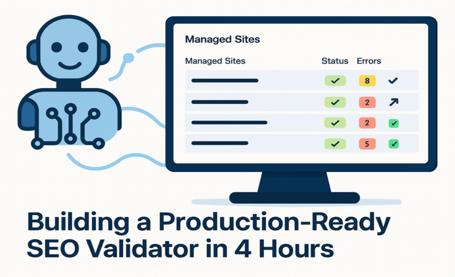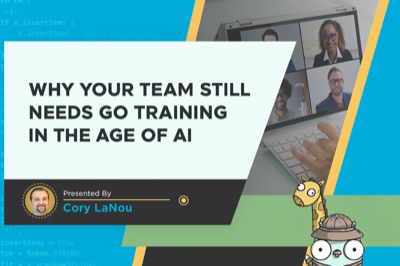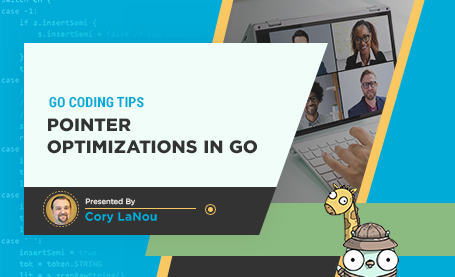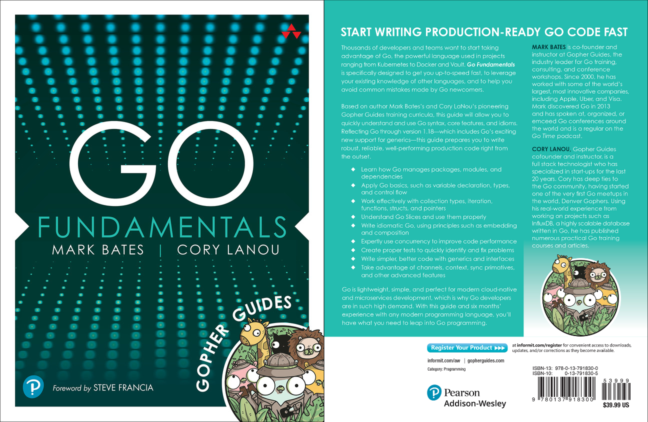What's in a name?
Overview
The art of writing software is the act of communication. You might feel that this is a private conversation about your code with a persnickety compiler, but the audience for software is much larger. It’s the people who use your libraries and your APIs, the folks who work with you maintaining the codebase, and it's you, in the future, searching for clues about why you wrote what you wrote the way you wrote it. This talk is all about naming. It’s about the names we give to things in our programs and how those decisions can affect the maintainability of the software we write.
About the go get -u community Conference
The go get -u communityGo Conference was held virtually on Thursday, May 21st in an effort to create relief for Go trainers that were affected by the COVID-19 pandemic. We had attendees and speakers from all over the world as well as members of the Go team. Hosted by Emcees Mat Ryer and Mark Bates, fun, laughs, and learning were had by all!
The art of writing software is the act of communication. You might feel that this is a private conversation about your code with a persnickety compiler, but the audience for software is much larger. It’s the people who use your libraries and your APIs, the folks who work with you maintaining the codebase, and it's you, in the future, searching for clues about why you wrote what you wrote the way you wrote it. This talk is all about naming. It’s about the names we give to things in our programs and how those decisions can affect the maintainability of the software we write.
Slides for the presentation can be found here
About Dave Cheney
David is an open source contributor and project member for the Go programming language. David is a well-respected voice within the tech community, speaking on a variety of topics such as software design, performance, and the Go programming language.
In 2009, while idly perusing Google Reader (we’ll never forget!) he ran across the announcement of a new open source language, Go. It was love at first sight. From that point David’s passion has taken him around the world writing, teaching, and speaking about Go.
David is currently a member of the technical staff at VMware. Prior to their acquisition he served as a Staff Engineer at Heptio, a Seattle based company, focused on building tools to help developers become more productive with Kubernetes.
Interested in more articles from David, check out his blog.
More Articles

Building a Production-Ready SEO Validator in 4 Hours
Overview
As a senior developer with 20+ years in the trenches, I built a fully functional, production-ready SEO validation system in under 4 hours using AI assistance. Ten years ago, this would have taken me weeks. But here's the key insight: without being a senior level developer, AI would have never gotten this to work. This is the story of how AI amplifies expertise rather than replacing it, complete with real metrics, mistakes made, and lessons learned.

Why Your Team Still Needs Go Training in the Age of AI
Overview
AI hasn't killed software training. In fact, after seeing training demand slow down initially when ChatGPT and Copilot took off, we're now busier than ever. Why? Because teams are discovering what I've been saying all along - AI is only as good as the code it learned from, and most Go code out there isn't idiomatic.

Quick Tips: Pointer Optimizations in Go
Overview
This article explores important performance considerations when working with pointers in Go. We'll cover key topics like returning pointers to local variables, choosing between pointer and value receivers for methods, and how to properly measure and optimize pointer-related performance using Go's built-in tools. Whether you're new to Go or an experienced developer, these tips will help you write more efficient and maintainable code.

